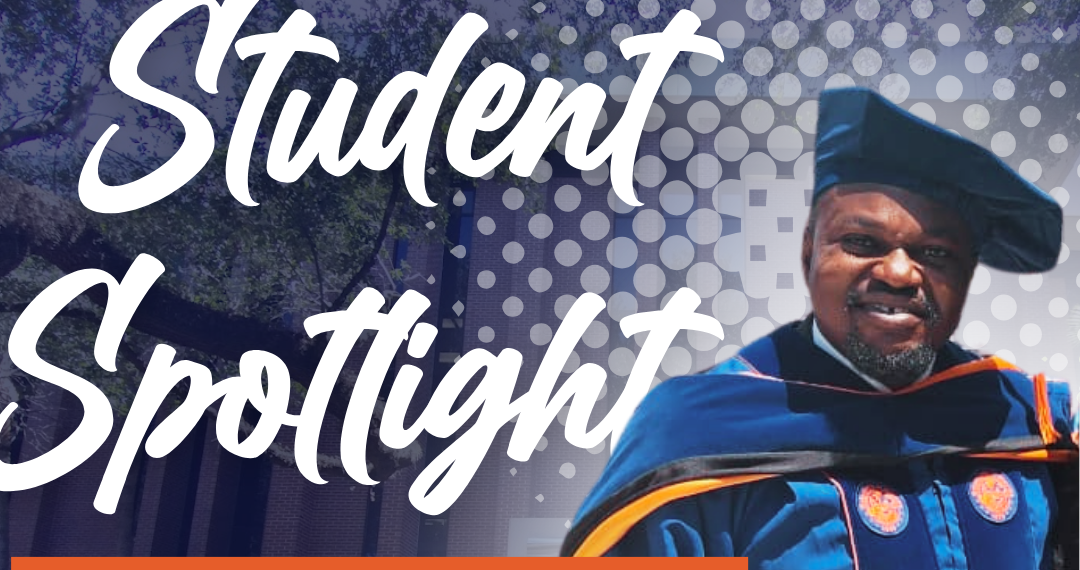Raphael Osarense Iyamu, a computational linguist from Benin City, Nigeria, has recently earned his Ph.D. in Linguistics from the University of Florida. With a foundational education in Linguistics from the University of Benin, where he completed both his Bachelor’s and Master’s degrees, Raphael has developed a robust skill set that includes linguistic fieldwork, language data processing, and programming in Python. His expertise extends to machine learning, working with SQL databases, fine-tuning large language models, and developing natural language processing (NLP) tools tailored for under-resourced languages.
In his research, Raphael has focused on linguistic fieldwork, language documentation, data annotation, and the creation of NLP tools for languages that lack extensive digital resources. He has been an integral part of the Machine Learning for Endangered Languages (MELD) lab at the University of Florida, led by Dr. Sarah Moeller. He has contributed to significant projects, including the data annotation of African-American English and the development of text classification models aimed at diagnosing mental health disorders such as hoarding disorder, in collaboration with the university’s department of psychiatry.
Raphael has also been proactive in theoretical linguistics, particularly concerning endangered African languages. His scholarly work includes detailed analyses of the Ẹdo language, such as ‘A Unified Analysis of the Ẹdo -lv suffix’ and insights into relative clauses and case coding strategies in Ẹdo. Recognizing the need for broader access to NLP resources, Raphael founded the Edo Digital Consortium. This non-profit organization aims to harness speech recognition, text summarization, named entity recognition (NER), and text classification to support AI tasks in the Ẹdo language.
Looking forward, Raphael is dedicated to collaborating with other African linguists and NLP enthusiasts. His goal is to expand the availability of datasets and NLP tools that can foster technological growth and preservation of linguistic heritage across low-resource African languages. This mission not only underscores his commitment to his field but also sets a pathway for significant contributions to the linguistic and cultural preservation through advanced technology.
